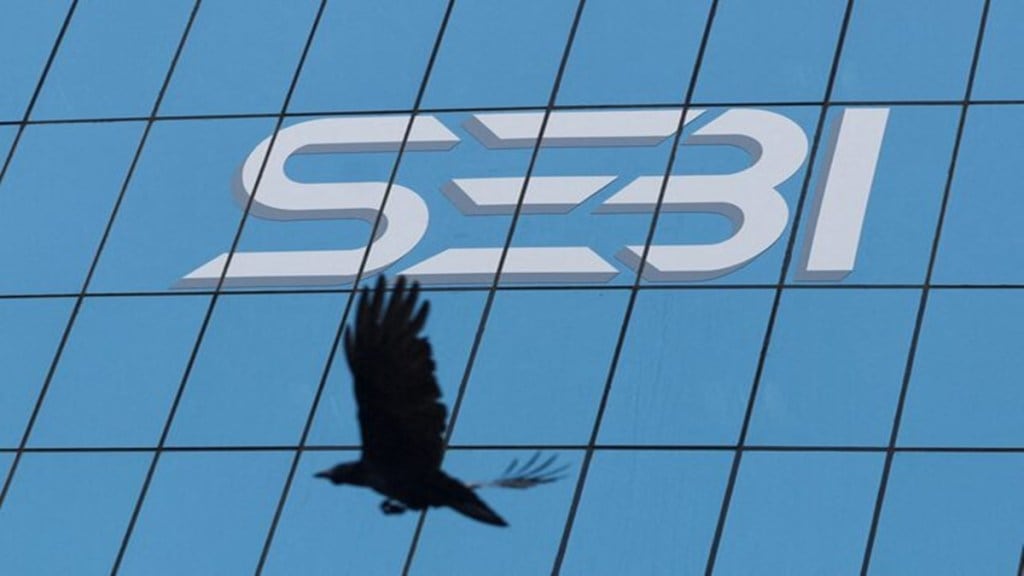By Nesil Staney
The board of the Securities and Exchange Board of India (Sebi) is expected to discuss co-investment opportunities for alternate investment funds (AIFs) and easier compliance obligations for foreign portfolio investors (FPIs) putting money exclusively in gilts, at its next board meeting on June 18. The simpler KYC norms and reporting requirements are aimed at attracting stable, long-term capital.
Also on the agenda of the board meeting of the capital markets regulator is the demerger or an ownership cap for clearing corporations by stock exchanges. Moreover, the board is also expected to weigh in on tighter regulations for SME listings as also a mechanism for voluntary delisting of government companies.
Market experts believe the definition of qualified institutional buyers (QIBs) could be broadened to include accredited investors. The regulator could, they feel, remove the 200-investor cap for private placement offers and ease the paper work for qualified institutional placements (QIPs).
This would mean easing the compliance for companies who would need to furnish only information that is relevant. The idea is to reduce the timeframe and effort for preparing the placement document.
The reclassification of Real Estate Investment Trusts (REITs) and Infrastructure Investment Trusts (InvITs) as equity could also be taken up as could a higher investment limit for mutual funds in REITs and InvITs. Although, MFs might not be agreeable to this change, it would spur the flow of passive funds into REITs.
The demerging or capping stock exchange ownership in clearing corporations is critical for market infrastructure resilience, said experts. Sebi’s likely move to set minimum and maximum shareholding thresholds is in line with global best practices and the recommendations of the International Organisation of Securities Commissions (IOSCO).
“This would require amendments to the Sebi (Clearing Corporations) Regulations, 2012, and is aimed at mitigating conflicts of interest and ensuring the independence of clearing entities,” said Vishal Gehrana, Partner Designate at Delhi-based corporate law firm Karanjawala & Co.
The proposal for a separate delisting mechanism for public sector units, including a fixed premium over the floor price and relaxation of the two-thirds public shareholder approval requirement, is a significant departure from the current framework under the Sebi (Delisting of Equity Shares) Regulations, 2021.
“This could expedite the delisting process for government companies, but it will be important to ensure that minority shareholder rights are adequately protected, possibly through enhanced disclosure and fair price determination mechanisms,” said Gehrana.
In light of recent regulatory breaches, Sebi’s intent to tighten SME listing norms, by extending promoter lock-in, raising operational profit thresholds, and enhancing disclosures, reflects a commitment to market integrity. Amendments to the Sebi (Issue of Capital and Disclosure Requirements) Regulations, 2018, and the Sebi (Listing Obligations and Disclosure Requirements) Regulations, 2015, will be necessary. These changes are likely to raise the bar for SME listings, ensuring only credible and sustainable businesses access public markets.
Permitting AIFs to offer co-investment opportunities through separate vehicles and allowing managers to provide advisory services would necessitate amendments to the Sebi Regulations, 2012, particularly around the definition and governance of co-investment vehicles. The move is likely to enhance flexibility for sophisticated investors and align Indian practice with global trends.
